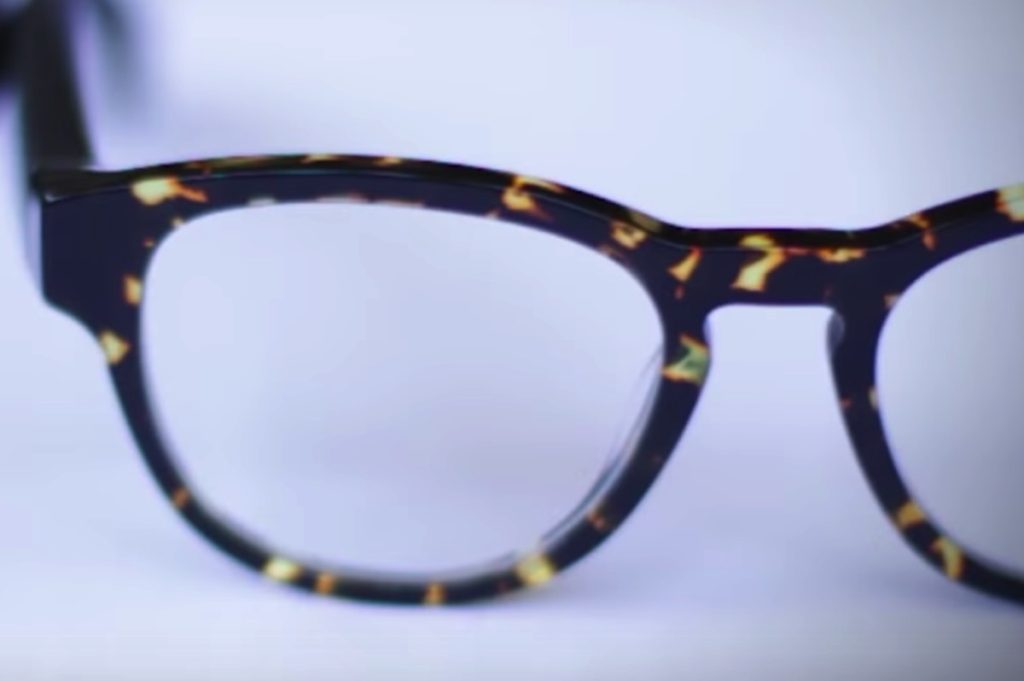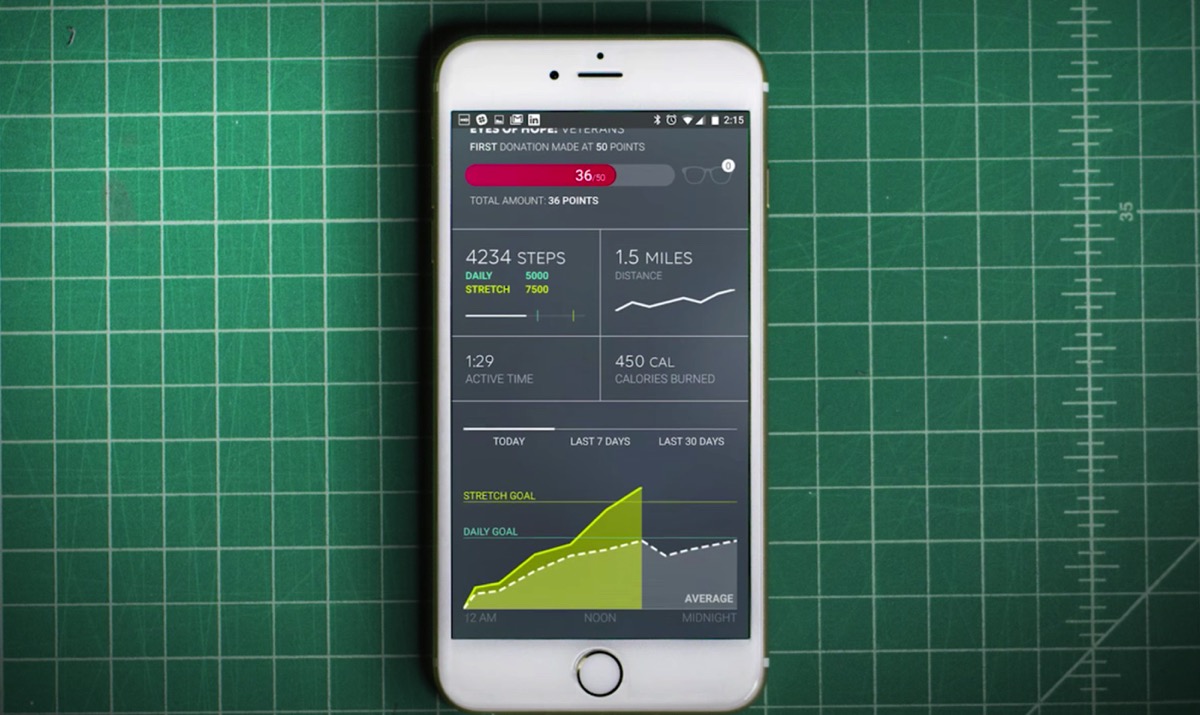Google Glass failed to win consumers, partly because of the design that made the augmented eyewear stand out in a crowd. VSP Global’s innovation lab, The Shop, which built custom frames for Glass, wants to approach eyewear tech from a different angle.
The Shop has partnered with the University of Southern California (USC) Center for Body Computing to develop the glasses, called Level, which provide step count, distance, calories burnt, and activity.
See Also: Are robotic arms the answer for fitness wearables’ testing?
Level, designed to look as similar to normal glasses as possible, has all the circuitry fitted into the temple. The glasses send data back to a connected smartphone, which will be displayed on a mobile app.
“The new Level frames forced us to reimagine the entire design and manufacturing process for eyewear,” said The Shop co-lead, Leslie Muller. “Designers collaborated with firmware and biomedical engineers, who collaborated with traditional eyewear craftspeople to produce something that is both technologically advanced but also seamless and beautiful.”
USC and The Shop plan to publish research finding in 2017, revealing the capabilities of eyewear for fitness. VSP Global has not mentioned a public launch date; it might be taking it slow after the Google Glass disaster.
Eyewear looks set to split into two categories, large, powerful AR and VR headsets and light, casual trackers. Oculus and HoloLens are in the former category, while Level and the next commercial version of Glass, if it even launches, should be part of the latter.
Wearables are still struggling to enter the mainstream. Fitbit and Apple Watch have reached millions of consumers, but nowhere near the levels of sales for the iPhone or iPad. If they continue to struggle, it is going to be hard for eyewear and other smart clothing products to reach a massive audience.


















